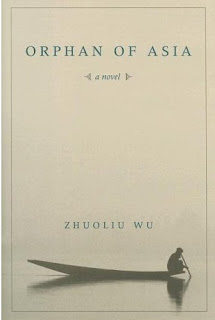dejar atrás un sótano más negro
que mi reputación -y ya es decir-,
poner visillos blancos
y tomar criada,
renunciar a la vida de bohemio,
si vienes luego tú, pelmazo,
embarazoso huésped, memo vestido con mis trajes,
zángano de colmena, inútil, cacaseno,
con tus manos lavadas,
a comer en mi plato y a ensuciar la casa?
Te acompañan las barras de los bares
últimos de la noche, los chulos, las floristas,
las calles muertas de la madrugada
y los ascensores de luz amarilla
cuando llegas, borracho,
y te paras a verte en el espejo
la cara destruida,
con ojos todavía violentos
que no quieres cerrar. Y si te increpo,
te ríes, me recuerdas el pasado
y dices que envejezco.
Podría recordarte que ya no tienes gracia.
Que tu estilo casual y que tu desenfado
resultan truculentos
cuando se tienen más de treinta años,
y que tu encantadora
sonrisa de muchacho soñoliento
-seguro de gustar- es un resto penoso,
un intento patético.
Mientras que tú me miras con tus ojos
de verdadero huérfano, y me lloras
y me prometes ya no hacerlo.
Si no fueses tan puta!
Y si yo supiese, hace ya tiempo,
que tú eres fuerte cuando yo soy débil
y que eres débil cuando me enfurezco...
De tus regresos guardo una impresión confusa
de pánico, de pena y descontento,
y la desesperanza
y la impaciencia y el resentimiento
de volver a sufrir, otra vez más,
la humillación imperdonable
de la excesiva intimidad.
A duras penas te llevaré a la cama,
como quien va al infierno
para dormir contigo.
Muriendo a cada paso de impotencia,
tropezando con muebles
a tientas, cruzaremos el piso
torpemente abrazados, vacilando
de alcohol y de sollozos reprimidos.
Oh innoble servidumbre de amar seres humanos,
y la más innoble
que es amarse a sí mismo!



